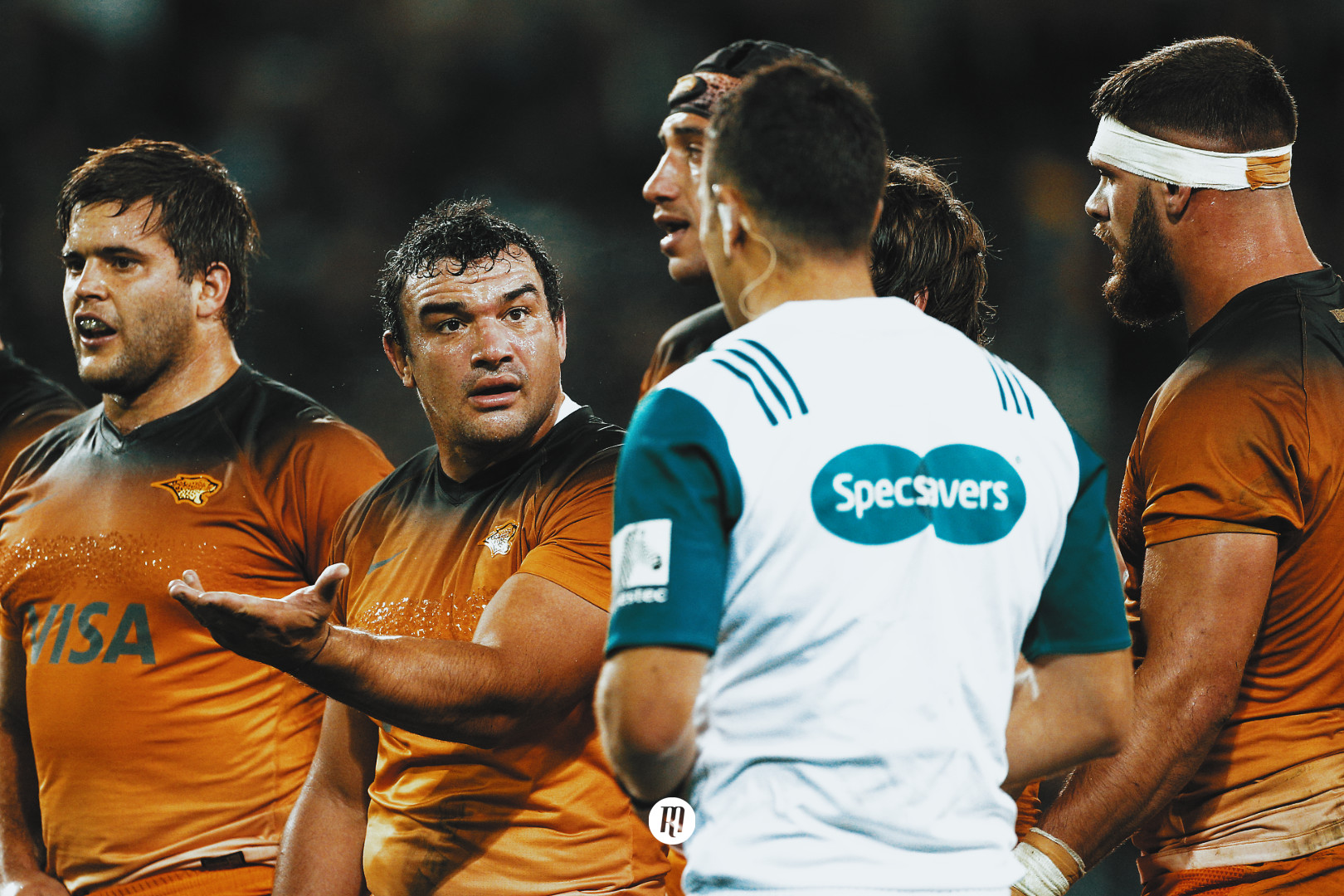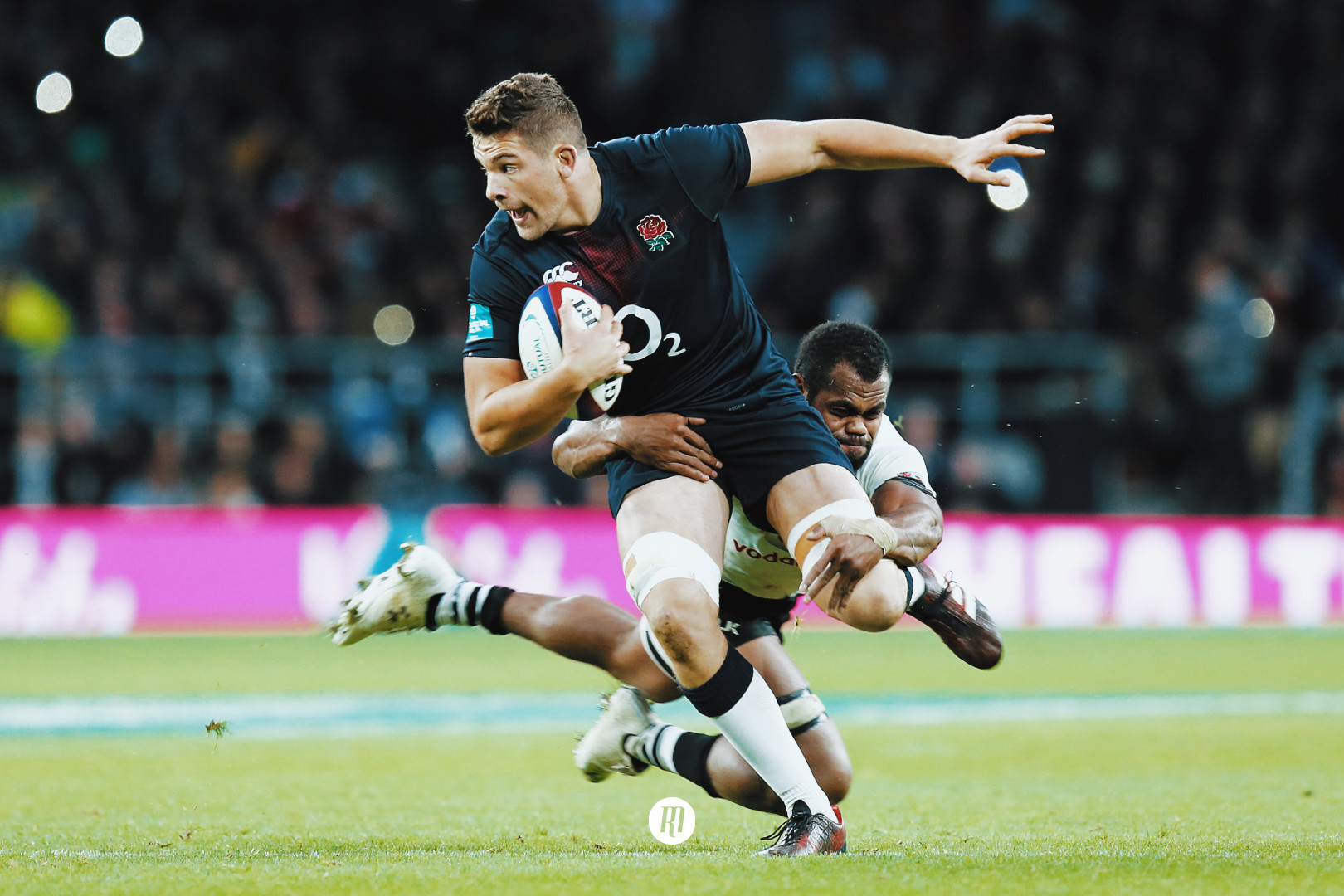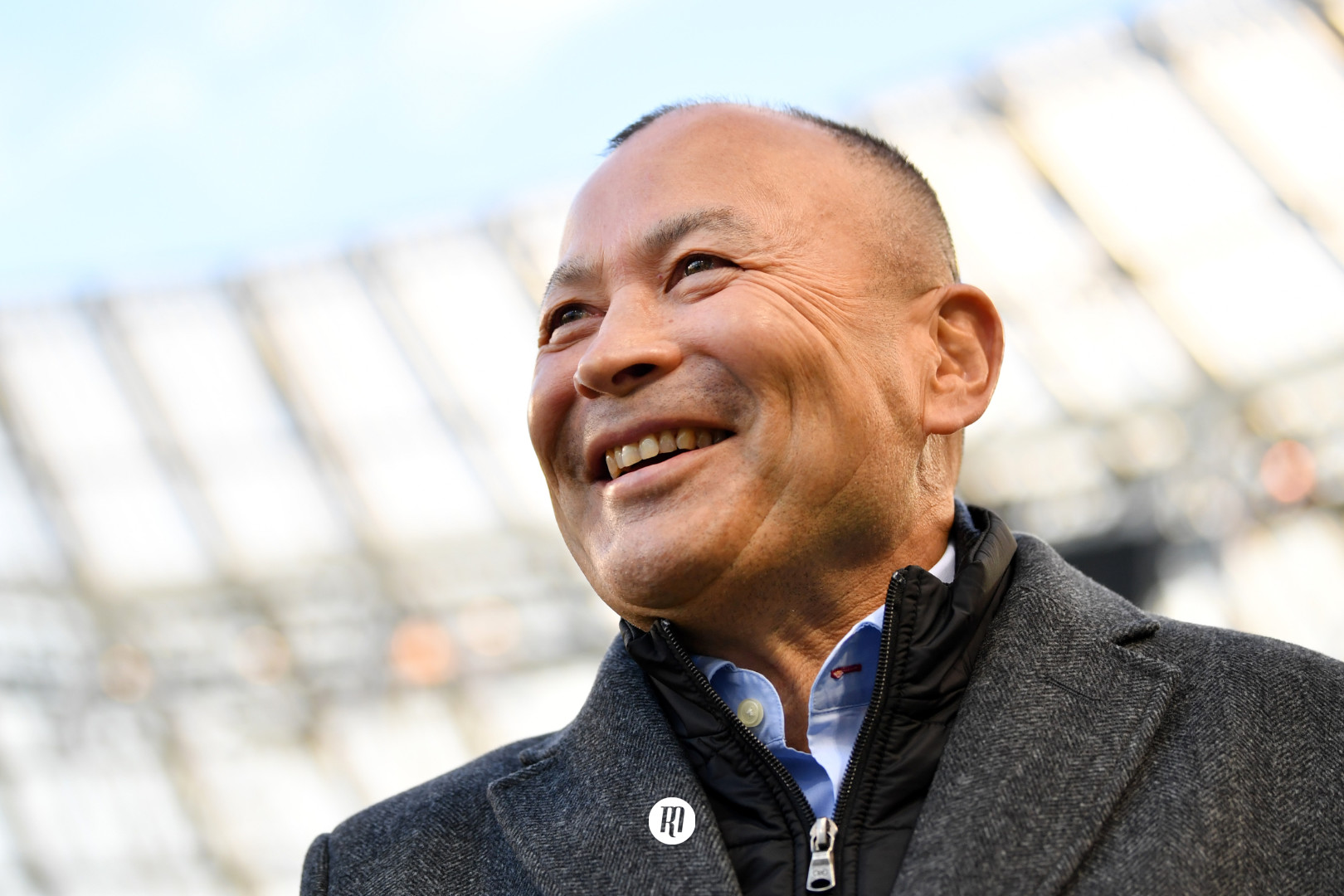Why the Jaguares epitomise both everything that is good and everything that is bad about rugby
Argentina’s only professional side qualifying for a Super Rugby final felt at least a decade away when the Jaguares were first founded four years ago, taking on the mantle of the nation's groundbreaking first professional side. But, a home victory over the last Australian side standing, the Brumbies, is all that stands between a final for the side that epitomises both everything that is good and everything that is bad about rugby.
Some of rugby's greatest minds spent many an afternoon making arguments for and against a nation possessing a singular professional club side that, essential, was the national team. Yet further afternoons were spent figuring out why a club side that so closely replicated an international team were struggling as much as Argentina's Jaguares were during their first and second years in Super Rugby. And yet, two years later, we may be on the verge of a New Zealand-Argentina Super Rugby final.
During their first three years, the Jaguares began to climb the ranks, claiming thirteenth place spot out of eighteen in their first year (2016), progressing to tenth in 2017 and then seventh place in the reduced fifteen team format in 2018. As predicted, the Jaguares took time to find their footing, players and coaches alike were playing their parts in a wholly new project in Argentina. Admittedly, poor showings from the since-culled Cheetahs, Southern Kings and the Western Force gave Los Jaguares somewhat of a safety net during their first season.
In 2019 the Buenos Aires-based side are finally playing in a manner that represents their Feline badge, landing on their feet, for the most part, when challenged. The Jaguares finished with the third highest points tally this year with 51 falling behind only the dominant New Zealand pairing of the whirling dervish Hurricanes on 53 and Scott Robinsons oppressive Crusaders machine on 58; although they claimed second place as the top side in the South African conference.
The Jaguares' jump to home quarter, and now semi, finalists this season is a product of finally striking the balance between the long-lauded wide-wide Super Rugby style of play and more traditional grunt work we first came to associate with an Argentinian Test side. Over the previous three seasons, the Jaguares were often undone by a level of indiscpline that that can only be described as mindless and their over-willingness to throw audacious offloads or attempts to throw that miracle pass. These days, however, those ambitious passes and cross-field kicks seem to find their target more often than not, curtailing the frustrations of struggling to keep pace with their opponents that bred so much of their poor discpline.
Now on top of their game and heading into a home semi-final, the Jaguares are epitomising everything that is great about rugby, playing an inviting brand of winning rugby that puts bums on seats, able to flick the switch that goes from arm-wrestle to tap-dancing down the touchline in nothing flat. The role of national captain and Jaguares flanker Pablo Matera is playing as the abrasive carrier and adept open field runner is no small part of this equation.
But yet, the Argentine side’s style of play is not the only admirable trait that will be the envy of the Reds and the Blues. The passion the Jaguares players show when playing, scoring and winning with both teammates and supporters alike has been particularly prevalent to this onlooker this year. When was the last time you saw members of a winning Super Rugby team dancing in front of their fans with the national flag draped across their shoulders from a regular season game? Take a look at the passion etched deep into the already chiselled features of Matera, Augustine Creevy and Ramiro Moyano after each score. There is a genuine sense of pride and togetherness in that Jaguares side; a trait that becomes rarer and rarer in the of professionalism.
It is, therefore, all the more disappointing to say that while they seem to possess the lion’s share of everything that is right about rugby, the Jaguares are also the most heinous culprits when it comes to everything that is wrong with the sport. Appealing for yellow and red cards, talking back to referees and the dramatization of injuries are distasteful components already well-ingrained in the football/soccer world, and as a nation obsessed by the round ball sport it’s of little surprise these tawdry idiosyncrasies are often prevalent in the Jaguares game. For some, myself included, it slightly sours the Argentinians’ success this year.
The Argentinian national side has struggled for form since their highly entertaining World Cup run that ended with a semi-final four years ago, but the success of their Super Rugby outfit this year has many anticipating a return to something closer to their 2015 ilk in Japan. Considering the Los Jaguares is essentially Los Pumas, with the latter adding a sprinkling of overseas stars, it will be interesting to see whether they carry both their and less-savoury on-field antics and club success over to the national side, or leave the former in the departures lounge. If we do see both sides of the Jaguares coin in a few months time, which will we remember when all is said and done for at the end of the ninth Rugby World Cup campaign, the attractive game and passion for the jersey or the football theatrics.

Filed under:
Club Rugby, International, Argentina, Jaguares
Written by: Alistair Stokes
Follow: @alistokesrugby · @therugbymag




